Big Changes to Maine’s Reporting Requirements and PFAS Phase-Out
By Miranda Henning, BCES, Managing Principal, Business Director - Health and Ecology
In April, Maine’s Governor Mills signed into law Public Law c. 630, An Act to Support Manufacturers Whose Products Contain Perfluoroalkyl and Polyfluoroalkyl Substances (LD 1537, 131st Legislature (S.P. 610 – L.D. 1537), which takes effect August 9, 2024. Importantly, the 2024 law eliminates the general notification requirement scheduled to take effect on January 1, 2025. It establishes a new reporting program limited to those product categories that receive a currently unavoidable use (CUU) determination from the Maine Department of Environmental Protection. The new exemptions to the sales ban, discussed below, mean that manufacturers are expected to pursue many fewer CUUs than would have been contemplated under the previous version of the law. The timing of the ban on sales of non-exempt products with intentionally added PFAS is also now staged to allow time for manufacturers to innovate alternative formulations of their products.
The overall outcome of the amended law is that Maine’s regulation of per- and polyfluoroalkyl substances (PFAS) generally aligns with PFAS regulation in other states. Consequently, manufacturers may be incentivized to reformulate nationally distributed products to avoid use of PFAS, rather than to simply stop selling their products to Maine’s relatively small consumer market.
Key Changes
- The following product categories are exempt from the sales prohibition: products for which federal laws govern the presence of PFAS, packaging, used products and product components, firefighting and fire-suppressing foam, medical devices, drugs and products regulated by the U.S. Food and Drug Administration (FDA), veterinary products regulated by the FDA, U.S. Department of Agriculture, or U.S. Environmental Protection Agency, products developed for public health, environmental, or water quality testing, products required to meet standards or requirements of the U.S. Department of Transportation, U.S. Federal Aviation Administration, National Aeronautics and Space Administration, U.S. Department of Defense, or U.S. Department of Homeland Security, motor vehicles and motor vehicle equipment, watercraft, semiconductors and equipment and materials used in their manufacturing, non-consumer laboratory equipment or electronics, and equipment directly used in the manufacture or development of the above-exempted products.
- The general reporting requirement that had been scheduled to take effect next year is replaced by a program focused only on those product categories that receive a CUU determination from Maine Department of Environmental Protection.
- The timing of sales prohibitions for non-exempted products that contain intentionally added PFAS are staged as follows:
- The ban on sales of such carpets, rugs, and fabric treatments took effect January 1, 2023.
- On January 1, 2026, the sales ban will extend to cleaning products, cookware, cosmetics, dental floss, juvenile products, menstruation products, textile articles (with certain exceptions, as discussed above), ski wax, upholstered furniture, and products listed above that do not contain intentionally added PFAS, but are packaged in a fluorinated container or a container with intentionally added PFAS.
- On January 1, 2029, the sales ban will extend to artificial turf and outdoor apparel for severe wet conditions (unless accompanied with a disclosure that it was made with PFAS chemicals).
- On January 1, 2032, the sales ban will extend to products containing intentionally added PFAS unless the use of PFAS in the product is a CUU and products that do not contain intentionally added PFAS but are packaged in a fluorinated container or a container with intentionally added PFAS.
- On January 1, 2040, the sales ban will extend to cooling, heating, ventilation, air conditioning, and refrigeration equipment, as well as refrigerants, foams or aerosol propellants.
How Integral Can Assist
Integral is at the forefront of technical and regulatory PFAS developments. With new regulations in four states in 2023 (California, Maine, Vermont, and Washington), and another six states having legislation taking effect in 2024 and 2025 (Colorado, Maryland, Connecticut, Minnesota, Hawaii, and New York), we can help navigate reporting, labeling, packaging and sales requirements, as well as supply chain and reputational risks. Our experts guide you through the evolving PFAS regulatory landscape and evaluate associated risks. For more information on the services we offer, see our PFAS page: https://www.integral-corp.com/our-services/pfas/.


